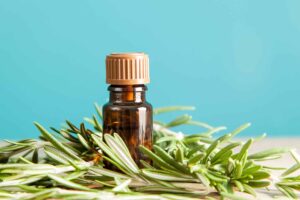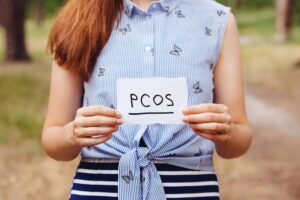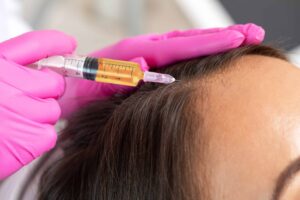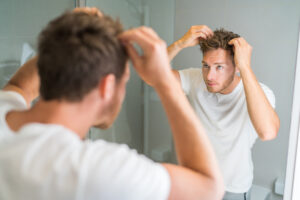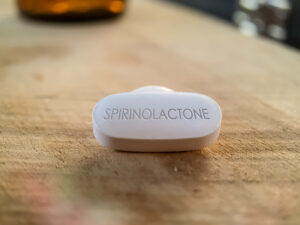
Spironolactone for Hair Loss: Does it Work?
Spironolactone for Hair Loss: Does it Work? Hair loss is a common concern for many people, with various factors such as genetics, aging, and medical conditions contributing to thinning hair or hair loss. While there are several treatments available to









